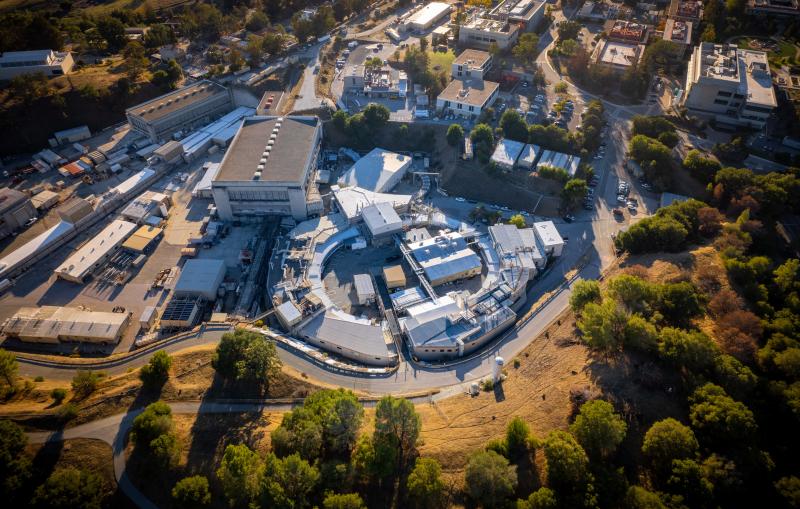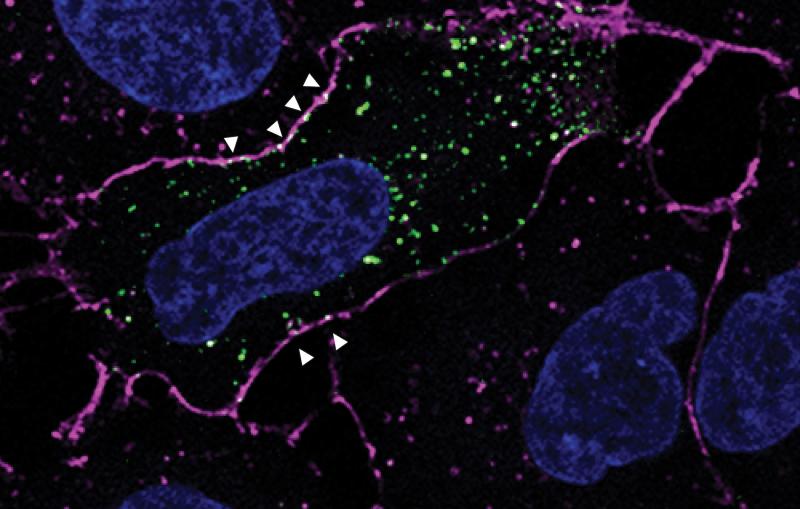News Brief
Via Innovative Genomics Institute
New method uncovers how viruses evade immune responses — and how we might fight back


SLAC research gives scientists a better understanding of how living things work, what makes us sick and how we can prevent and treat disease. Our accelerator research and development also has applications in the field of medicine.
Related links:
Science of Life
Advanced Accelerators

